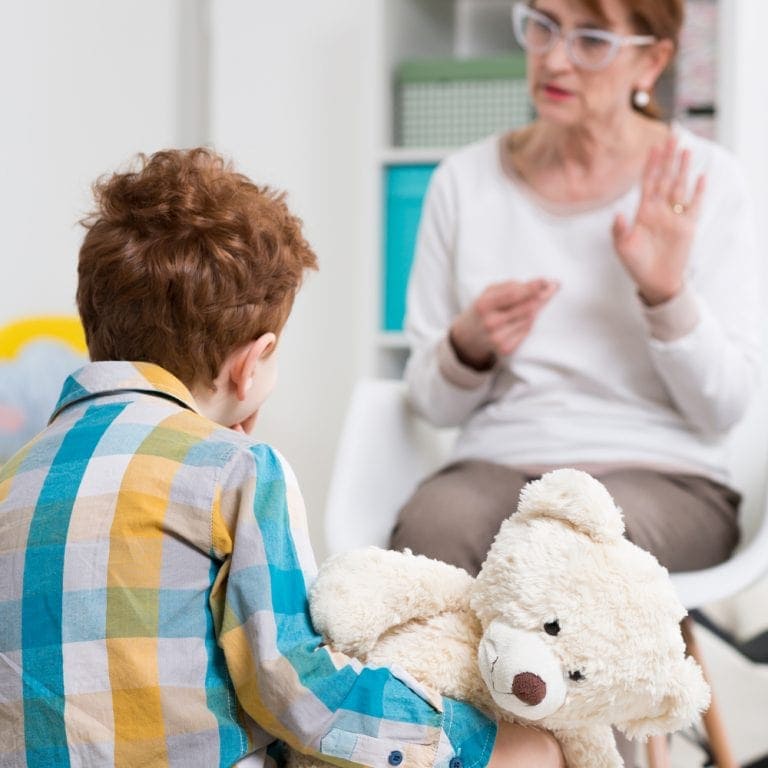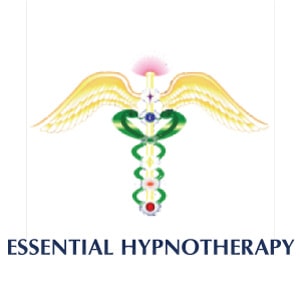Tourettes
While the cause of Tourette’s is unknown, and is believed to involve a combination of genetic and environmental factors, there are no specific tests for diagnosing it. And therefore its not always correctly identified because most cases are mild and the severity of tics decreases for most children as they pass through adolescence. From eye blinking, coughing, throat clearing, sniffing, and facial movements. Tourette’s does not adversely affect intelligence or life expectancy and are often unnoticed by casual observers.

What is Tourette’s Syndrome?
The brain is an amazing organ and can do some very interesting things. Sometimes these things are not so great, though, such as the case with Tourette Syndrome. This neurological condition is most known for causing people to have tics or involuntary movements, but it also causes vocal outbursts. The symptoms of this disorder vary from person to person on how severe they are. They usually start when someone is younger and lessen over time if left untreated.
There’s a lack of awareness about what Tourette’s is because there seem to be many misconceptions about it that make it difficult for those who suffer from it to get diagnosed correctly. One common misconception would be that anyone with ticks has Tourette syndrome, which isn’t true at all!
What do Tourette’s look like?
There are three types of Tourette’s Syndrome that is characterised by
Motor tics – these are just sudden, violent movements of the head.
Vocal or vocal related tics – this is when a person might make sounds like barking or grunting noises. They could even be coughing and sneezing too. The most common type of vocal outburst is called coprolalia which causes people to swear uncontrollably sometimes.
Phonic tics – these are repetitive sounds that someone will say repeatedly without meaning to, such as swearing words or phrases they’ve heard before in their life more than once. These tend not to be so bad but can get irritating with time.
Simple tics – when someone makes an occasional twitch like blinking or touching their nose.

Why is Tourette’s Syndrome a big deal?
Tourette syndrome tends to be overlooked because it is not life-threatening and it doesn’t cause any physical symptoms, but that does not mean it isn’t important! Despite this disorder being neurological, some people experience severe depression and social anxiety because of the stigma surrounding this condition. The reality for most people with Tourette’s is that they still live a normal healthy life without any significant limitations imposed by the disorder itself, so don’t let misconceptions about TS stop you from treating others kindly.
Hypnotherapy with Tourette’s Syndrome is to help in calming the body down and help with dealing with the physical manifestations of tics.
We incorporate activities with the person to help them feel safe and then use creative visualization to promote relaxation.
Frequently Asked Questions
NO you can think of the ‘parts’ within you as the different ‘roles’ you play, or actors on a stage that play different roles. So we all play different roles in life according to our jobs or life choices.
No it’s the same as a actor, cannot get stuck in a role, its according to the ‘roles’ that person might play at work that determines that ‘part’.
Its like changing behaviour when a person goes into a rage easily and later regrets the way they acted. Or drinks too much and feels really bad the next day. It could apply to anything you do that you want changes in, especially when it is giving you a bad wrap at work or causing you to underperform either with school results or work performance/ results.
People generally are surprised how quickly it works, far faster than general therapy because it goes directly to the heart of the issue (internal plumbing) personality and mind that give direct answers.
Kind Words
”
Book Online
Your booking will be confirmed by Tatiana manually, and you will receive an email / SMS confirmation within 24 hours. Please feel free to contact Tatiana directly if you have any questions on 0417 378 018.

